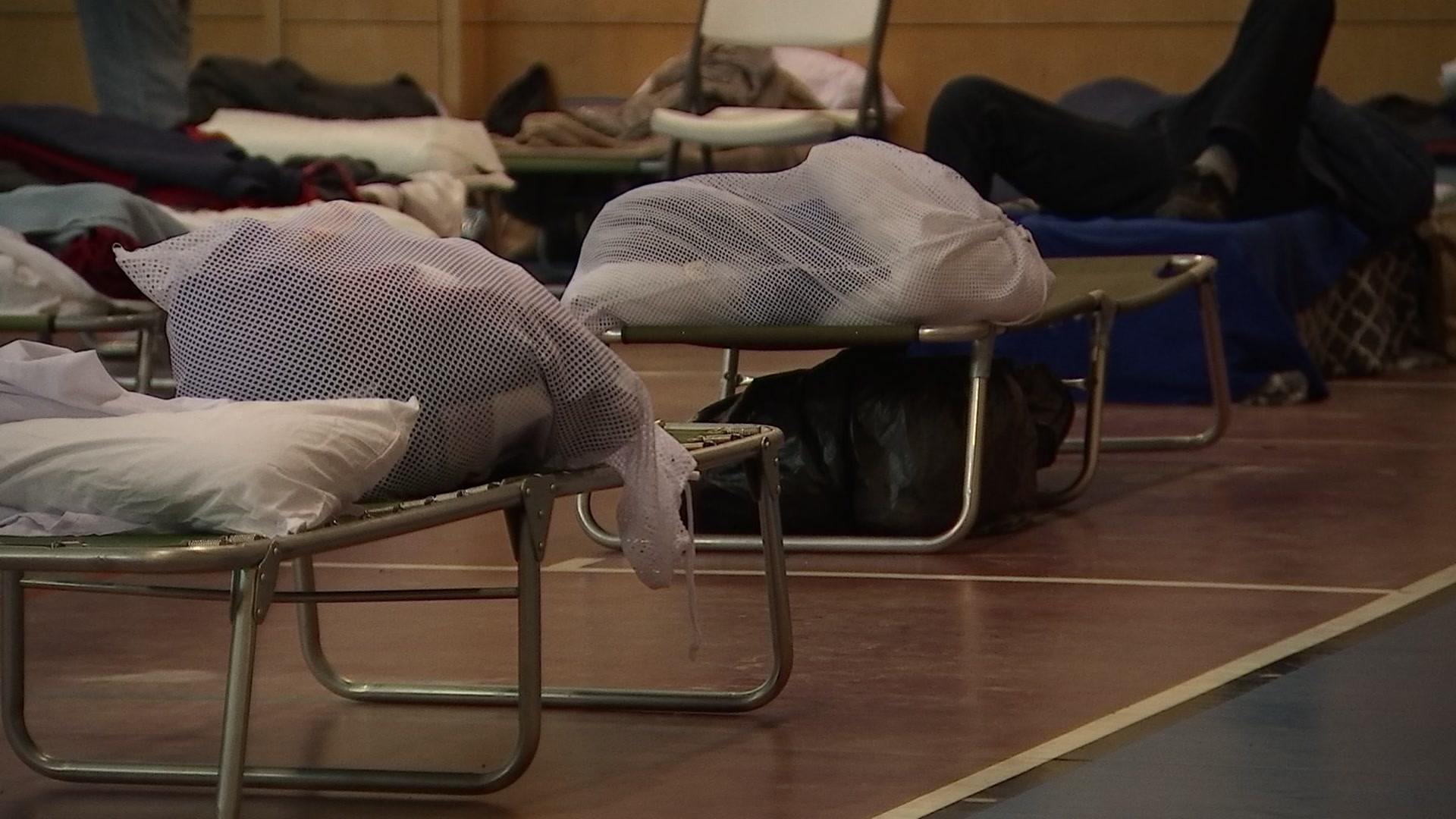If you’re sick of seeing and smelling smog in Dallas-Fort Worth, you’ve got a chance to say something about it.
The North Central Texas Council of Governments (NCTCOG) is working on a long-term and short-term air quality improvement plan for the region.
The group said it's all hands on deck right now for its short-term plan; they're hoping to get more neighbors to take their surveys by the end of the month.
"We are now racing," said Lori Clark, director of the DFW Clean Cities Coalition at the North Central Texas Council of Governments.
Get top local stories in DFW delivered to you every morning. >Sign up for NBC DFW's News Headlines newsletter.
The group has to submit their priority plan to the EPA by March to be able to get funding for their projects.
"What are the problems that you think we have in the region? What problems should we be working to address? And then based on those, we kind of have a sense of, well, these are the types of strategies that could be implemented that help fix those problems," Clark explained.
She said they especially want to hear from rural communities or ones that have been historically overlooked.
Local
The latest news from around North Texas.
"We know that there are some neighborhoods in the region that have been a little bit left behind in terms of infrastructure investment," she said.
Feedback now helps prioritize projects.
"That public input helps us understand. Okay, well, from a data-driven perspective, we know that these are the major contributors to that pollution. But from the experience of residents living in the area, here are the things that they're feeling the impacts of the most, and then we try to layer those two things together," Clark said.
For example, that could be traffic changes to decrease car pollution.
"We can make the transportation system operate more efficiently through more congestion management and travel demand management, trying to reduce the amount of traffic or make traffic flow more freely," Clark explained.
Or cutting back on energy use in homes.
"Are there opportunities to do some weatherization improvements or to do other things improving insulation and whatnot that can help reduce those energy bills?" she said.
There are two surveys: One for the public and one for groups like cities, counties, or even private companies that might be executing some of these projects.
Clark said people can still provide input for the long-term plan, which is due in the summer of 2025. However, the short-term plan is important in order to get funding and start projects in 2025.
Clark said they're applying for grants for all the cities and counties they partner with and will distribute funds across the region for different air pollution projects.
She said although air quality in DFW is better than it was a decade ago, rapid population and economic growth have made things worse.
"The past couple of years have been a little challenging, and our ozone levels have ticked back up, which is the direction we don’t want to go," she said.
Fort Worth neighbor and environmental activist Richard Pérez said even improvements in one neighborhood can improve air for others, and it's important to speak out about your concerns-- it's what he and other neighbors did in response to gas emissions by nearby chemical plants.
He and others formed NorthSide Fort Worth Air, part of the Fort Worth Environmental Coalition of Communities.
“It’s more than just the smell. It actually takes your breath away," he said.
Pérez said they've been breathing a little easier for the past couple of years since bringing awareness to their problem.
“We’ve had some positive change here," he said.
That's why he encourages others to voice their air quality concerns in NCTCOG's surveys.
“When we stick our neck out, even if it’s just our localized community, we’re making a difference for everybody," he said.



